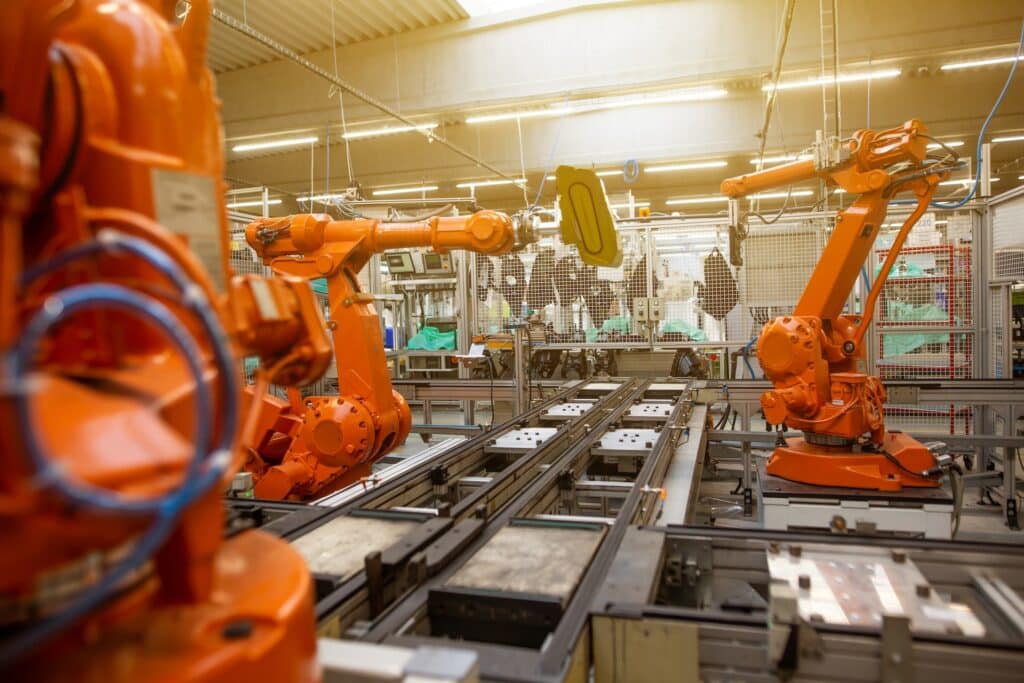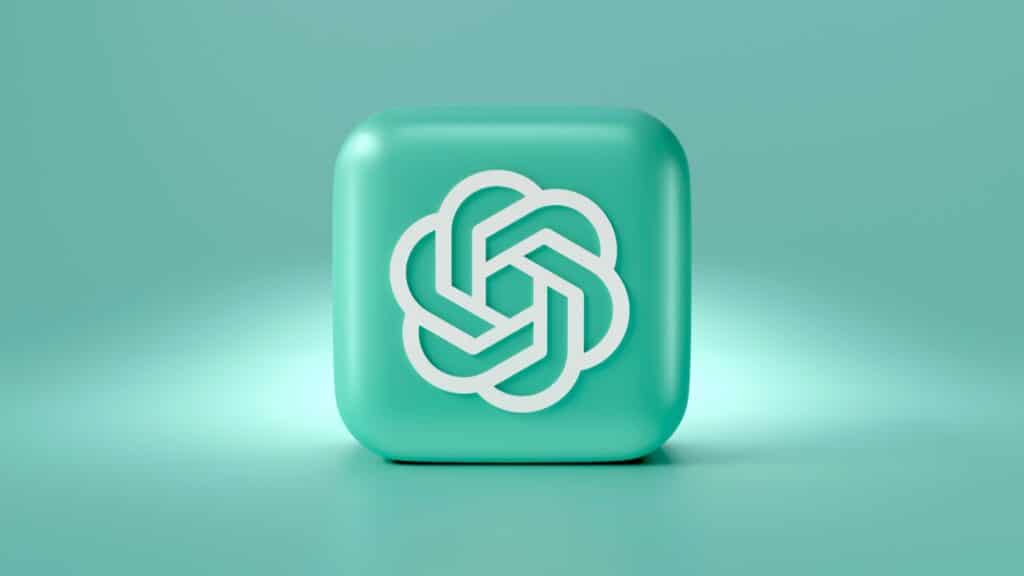AI: Enhancing Productivity One Menial Task at a Time
Technology seems to be evolving faster than ever. And now with the rise of an equally amazing and intimidating piece of technology that is fast becoming central to many conversations, and central to thousands, if not millions, of everyday tasks and jobs – AI. Automation and artificial intelligence has been around and in development for a long time. However, with technological leaps and bounds becoming available to the general public, such as ChatGPT or any tool within OpenAI, there are more conversations happening about AI. Among all the speculation, there is one thing we can’t doubt, AI is enhancing productivity one menial task at a time.
AI’s Seamless Integration into Everyday Life
Whether it's asking ChatGPT to whip up a recipe using three random ingredients from your pantry or requesting it to write code for you, there's no denying that AI is enhancing productivity In a matter of seconds, they can accomplish tasks that would often take us hours. From smart home assistants that seamlessly manage our schedules and control our appliances to virtual assistants capable of multitasking and handling various menial tasks simultaneously, AI has become an integral part of our daily lives.
AI-powered systems allow us to delegate routine tasks, freeing up valuable time and mental energy to concentrate on more critical aspects of our lives. Instead of spending hours searching for recipes that match the limited ingredients we have on hand, we can turn to ChatGPT to generate unique and creative culinary creations tailored to what we have. In just moments, we can have a delicious meal plan ready without the hassle and frustration of sifting through countless recipes.
Beyond cooking and coding, AI-powered virtual assistants excel at managing our schedules and organising our lives. They can seamlessly integrate with our calendars, remind us of appointments, and even automate tasks such as ordering groceries or scheduling meetings. By delegating these routine responsibilities to AI, we can reclaim our time and mental space to engage in activities that bring us joy and fulfilment.
Making Work Easier (and Maybe Plotting World Domination)

AI has undoubtedly enhanced productivity at work by automating repetitive and menial tasks, but it has also sparked concerns about job displacement. While it is true that AI technologies can perform certain job functions more efficiently and accurately than humans, the overall impact on employment is more nuanced. AI is not just coming for your job; it is making work easier…while you wait for it to boot you out of the seat completely.
AI-powered automation has revolutionised workplaces across industries, from manufacturing and logistics to customer service and data analysis. Those mind-numbing tasks that used to eat up our time and energy. Well, now AI algorithms handle them with ease. It's like having a personal assistant who doesn't get tired or need coffee breaks. This liberates employees to shift their focus to higher-value activities that require human creativity, critical thinking, and complex problem-solving skills. AI-powered chatbots are able to handle basic customer enquiries with lightning-fast responses. This means humans can tackle the tough stuff – those complex, emotionally charged interactions that make you question the meaning of life. AI takes care of the easy stuff, freeing up employees to tap into their empathy, negotiation prowess, and knack for personalised assistance. In this scenario, AI acts as a trusty sidekick, enabling employees to excel in areas where human skills shine.
Some job functions are indeed susceptible to automation and potential job displacement. Repetitive and highly standardised tasks, like data entry or assembly line work, are prime targets for AI takeover. It's like having a robot colleague who never forgets a detail and doesn't mind wearing the same uniform every day. This understandably raises concerns about unemployment. But, history has shown that with technological advancements, new job opportunities emerge, and the workforce adapts to meet evolving demands. So, while we keep one eye on our AI co-workers, we can also focus on honing our skills and exploring new horizons.
Human Laziness in the Age of Automation
While AI has enhanced productivity without a doubt, a question lingers: Is all of this turning us into a bunch of lazy people who can’t think for themselves?
Imagine you're sitting in your living room, pondering the eternal question of what to watch. Fear not, for AI, the master of entertainment, is here to rescue you from endless scrolling. With a few clicks, AI-powered streaming platforms analyse your tastes, preferences, and past viewing history to recommend the perfect show that tickles your fancy. Who needs to make decisions when AI can curate the ultimate binge-watching experience?
In the end, AI-induced laziness is a blend of convenience and our evolving relationship with technology. Sure, there's a temptation to get lazy and let AI do all the heavy lifting. But let's not forget the joy of using our brains and bodies to conquer challenges. So, let's embrace AI as our partner in crime, keeping us on our toes and reminding us that life is an adventure best enjoyed with a touch of human flair. After all, who wants a world filled with couch potatoes when we can have a blend of AI efficiency and human awesomeness?
References –
Forbes. (2022). The pros and cons of artificial intelligence. Forbes. https://www.forbes.com/sites/qai/2022/12/01/the-pros-and-cons-of-artificial-intelligence/?sh=5baaf4734703
Mok, A., & Zinkula, J. (2023). ChatGPT may be coming for our jobs. Here are the 10 roles that AI is most likely to replace. Insider. https://www.businessinsider.com/chatgpt-jobs-at-risk-replacement-artificial-intelligence-ai-labor-trends-2023-02?amp


